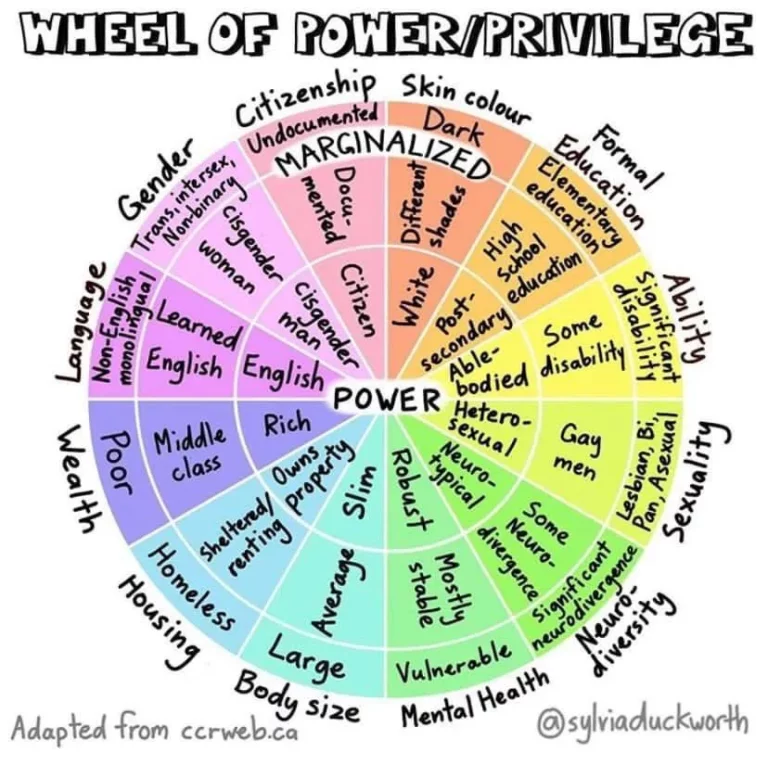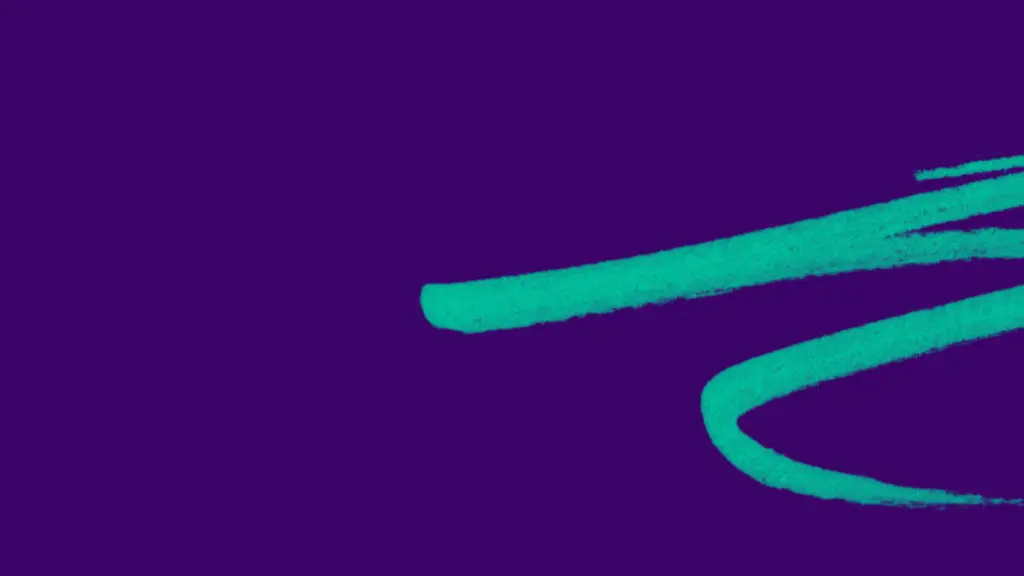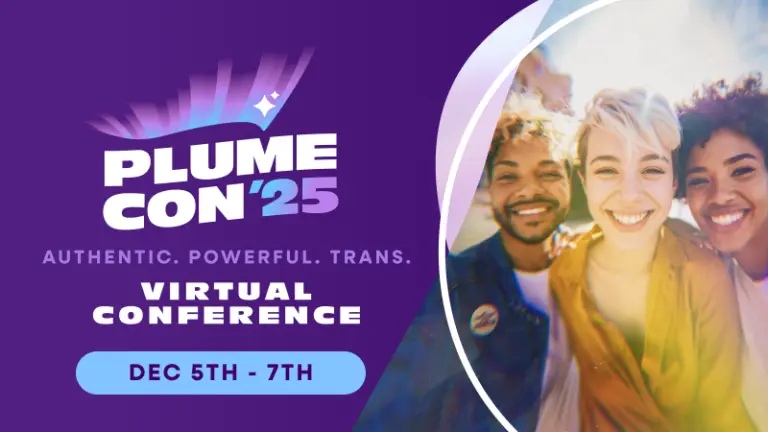In the aftermath of Pride Month, the commitment to being a trans ally and supporting marginalized communities remains paramount. In this event, Maybe Burke, a distinguished speaker, educator, and consultant, offers comprehensive advice on how to extend our support beyond our own communities. Maybe outlines what is needed from those who consider themselves a trans ally, how privilege operates in various contexts, and practical steps on how to be an accomplice to deepen our commitment to equity.
Table of Contents
Supporting marginalized communities requires simultaneous efforts across different levels of engagement. Maybe Burke identifies three tiers of involvement:
- Trans Ally (Tier 1): An ally is someone who associates with another as a helper. True allyship often involves recognition by those you aim to support. It’s essential to understand that being an ally is just the beginning.
- Advocate/Activist (Tier 2): Advocates and activists take a step further by actively supporting or promoting the interests of a cause or group. Advocacy can manifest in various forms, including social media efforts and community involvement. It’s important to note that activism, which often involves strong actions and public demonstrations, can attract significant pushback and lead to burnout.
- Accomplice (Tier 3): Becoming an accomplice involves a deeper commitment, often requiring risk and sacrifice. This role includes breaking the rules, norms, protocols, and sometimes even the law to support marginalized communities. Being an accomplice is about direct action and standing in solidarity, even when it’s challenging.
What Do You Need & Want from Your Allies?
Reflecting on what you need and want from your allies is crucial for building effective and supportive relationships. Allies should be ready to listen, learn, and take actionable steps beyond performative gestures. They should be prepared to support those they aim to help in meaningful and impactful ways.
Understanding Privilege
Privilege is defined as a special right, advantage, or immunity granted or available only to a particular person or group. It’s important to recognize that privilege is context-dependent and can change based on different social settings. Understanding your own privilege and how it operates can help you leverage it to benefit those who lack the same advantages. Here are some key points to consider:
- Privilege is often invisible to those who have it.
- It’s given by societal structures and can vary in different contexts.
- Learning to utilize your privilege can help support those without it.
Social Location

Our social location encompasses various aspects of our identity, including social class, geographic location, race/ethnicity, ability, sexual orientation, religion, gender, and age. Reflect on these categories and ask yourself:
- In how many categories do I hold power?
- Does any of my privilege negate marginalization in another category?
- Do any of my marginalizations negate my privilege in other categories?
- How are certain privileges influenced by perception or context?
These reflections can help you understand the complexities of privilege and marginalization, and how they intersect in your own life and the lives of others.
How to Be an Accomplice
Becoming an accomplice means taking actionable steps that go beyond surface-level support. It involves risks and sacrifices to challenge systems of oppression. Here’s what this work entails:
- Risk and Sacrifice: Being an accomplice often requires stepping out of comfort zones and taking risks, including breaking societal rules and norms.
- Ego and Perfection: It’s not about being right all the time or having all the answers. It’s about genuine commitment to equity and liberation.
- Long-term Commitment: This work is a marathon, not a sprint. It requires ongoing effort and dedication.
- Diverse Approaches: Each person’s journey to becoming an accomplice will look different, shaped by their unique experiences and contexts.
Engaging in the critical work of supporting marginalized communities is an ongoing journey that requires dedication, reflection, and action. For more resources and to continue the conversation, visit maybeburke.com and follow Maybe Burke on social media (@believeinmaybe). You can also reach out via email at hello@maybeburke.com.
Together, let’s commit to supporting communities beyond our own and strive for true equity and liberation.



